OfReg clears more piecemeal CUC green capacity
(CNS): The Utility Regulation and Competition Office (OfReg) has given CUC the green light to release another 6MW of capacity for the Consumer-Owned Renewable Energy (CORE) and Distributed Energy Resources (DER) programmes in the continuing piecemeal approach to the adoption of renewable energy in Cayman. As the clock ticks on the government’s unrealistic goal to have 70% of the islands’ electricity generated through green sources by 2037, CUC claims that this is the most it can currently accommodate on the grid.
This release means that just 9MW of capacity has been released so far this year. 1MW that is being reserved for the Cayman Islands Government will be available on 1 July.
Despite the small amount, OfReg Interim CEO Peter Gough, who has now been at the helm of the regulator for more than fifteen months in what was supposed to be a temporary posting, said it was “another important step in managing the sustainability and stability of the national grid infrastructure and increasing Cayman’s renewable energy power generation”.
He added, “OfReg is committed to the long-term protection and sustainability of our critical national infrastructure such as our electricity grid. Grand Cayman’s transmission and distribution grid is recognised as one of the most stable and robust systems, with one of the lowest outage rates in the region. Distributed generation programmes, such as CORE and DER, are a key part of delivering the long-term goals of the National Energy Policy (NEP) and continue to provide incentives for consumers to generate energy from renewable sources.”
Despite the piecemeal approach being taken by CUC and the amount of time it is taking the country to take the goals of the national energy policy seriously, Gough said this release was good news for consumers with small-scale solar systems or wind turbines who will be able to reduce their monthly energy bills by generating their own electricity while remaining connected to the grid.
“We will continue to balance the opportunity for further expansion of renewable energy power generation by protecting those consumers who do not have renewable energy sources from being unfairly charged or disadvantaged,” he said.
Cayman Renewable Energy Association (CREA) Chairman James Whittaker recently criticised CUC for the continued incremental access to the grid for solar owners, which he said is a barrier to the development of Cayman’s renewable sector. After the 3MW released in March was taken up within five hours, he said the power provider was creating an artificial demand with the“stop-start” release of capacity.
- Fascinated
- Happy
- Sad
- Angry
- Bored
- Afraid
Category: Business, Energy, Science & Nature, utilities
















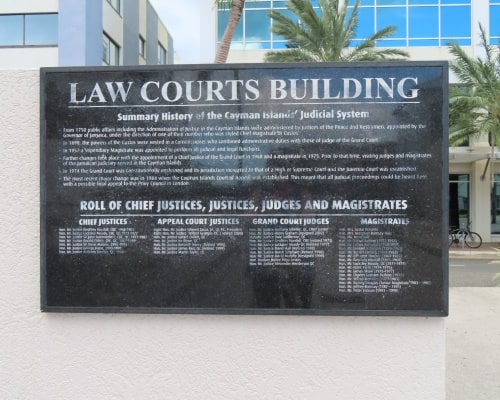
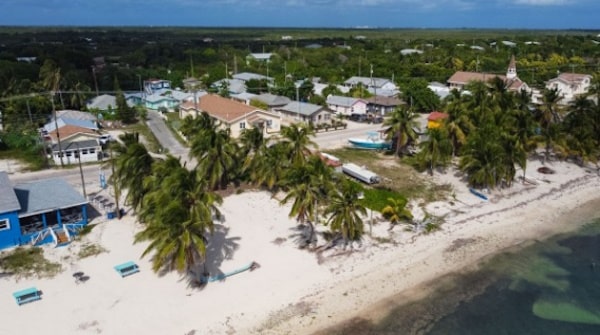


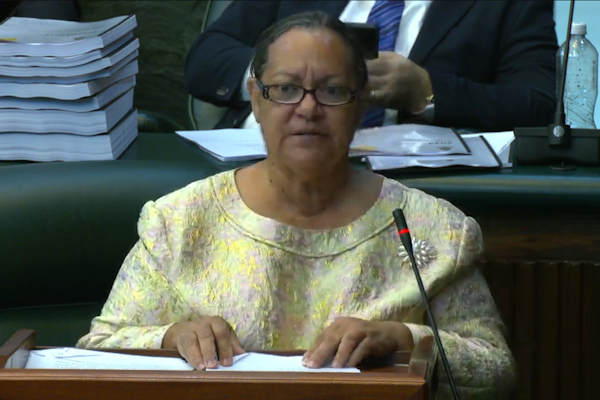

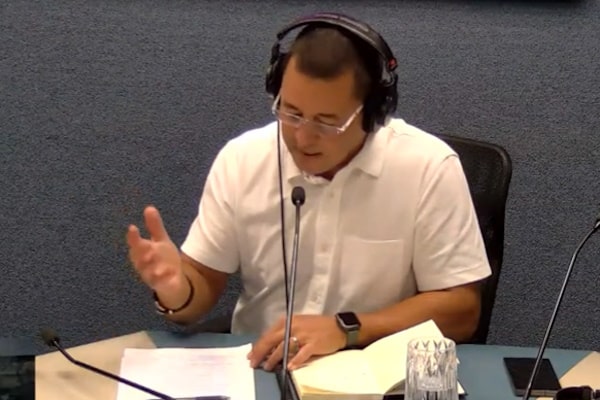
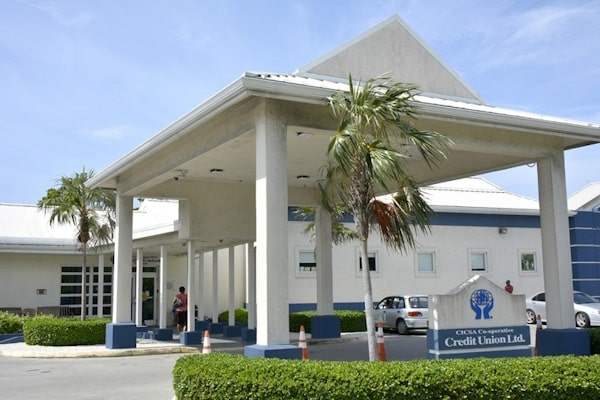













Don’t waste your cake! OfReg never does anything for anyone except themselves.
Let them eat cake-CUC 2023
OfReg can’t even get the price of Gasoline in the Brac right. Its 5.92 NOT 5.77 thats always on the radio.It never been 5.77 never.
What else would you expect from a bunch of phonies?
“good news for consumers with small-scale solar systems or wind turbines who will be able to reduce their monthly energy bills by generating their own electricity while remaining connected to the grid.” As far as I am aware this is inaccurate. When I looked into rooftop solar I had to sell my energy back to the grid for a price set for 20 years. If I wanted to produce my own energy and subsidize from the grid I would be cut off from the grid. If anyone can power their own home and stay connected to the grid this island would have solar on every roof. But CUC has a monopoly and ain’t letting go any time soon.
What you seem to want is to keep your solar power for your use and then to utilise the grid when/if needed. This appears that you want me, a non-solar producer, to pay the grid & generator maintenance costs so you can use them at your leisure.
Maybe you should invest in a battery solution to allow all your solar to be retained, then you don’t need the grid. Then it seems fair to persons like myself.
Who is going to pay for all the new grid expansion for the new developments built on the new EW extension?
Not CUC, they will charge it all back to us.
This begs the question if we have already paid for the grid through recharges?
We certainly all paid a fortune when Ivan came and CUC had underinsured the grid to save profits
And so we all have paid for the grid twice over.
Time to nationalize the grid system
The grid was not underinsured, it would be ludicrously expensive to insure the whole thing. Self-insurance for most of it, which is borne by us, is technically cheaper in the long run. It just feels painful if, or when, a major event happens, but not paying the massive premiums every year saves more money.
FYI, if you wanted an idea of how much it would cost for you to “own” your portion of the grid, go get a quote to take your home fully off-grid, with sufficient battery storage and a backup generator. The cost of the grid will be less than that, because the generation capacity is diversified across all consumers, optimizing costs. But then recognize that all the equipment in your quote (and the grid) need to be repaired and upgraded/replaced over time. So it’s not like you have a one-off cost and never need spend a cent on it again.
This assumes that CUC costs are reflective of “the grid” when in fact the costs for generation and operations are opaquely conflated into their costs and branded as “grid cost” in defense of their arguments to remain an integrated monopoly Utlity; add to that their cost of service studies are intentionally hidden from public scrutiny.
Use the grid less, pay for the grid less. Maintenance is built into the cost per unit based on average usage. You know what else is built into the cost per unit…shareholder dividends. The fight isn’t horizontal, it’s vertical.
Use the grid less, still need the same infrastructure, but slightly less operational cost. Not a 1-to-1 change in the calculus.
At the rates they charge you do not make your money back on the solar panels until something like year 15 on a 20 life investment, and by that time your CUC set rate is nothing close to what they be charging and you’re out of pocket paying same old electricity bill while having bought CUC equipment that you keep on your house for them. CUC hindering green growth like it’s their job.
Which further incentivizes solar uptake and propels us further from using dirty, expensive fuel. All of these are good things.
You drive a hard bargain, but I accept your terms.
“Interim” in Cayman seems to be like “temporary”, a very elastic concept. My neighbor is living in a property that was approved as “temporary” accommodation about 20 years ago. Mr Gough will be “interim” for eternity.
Meanwhile, Germany is already generating 50% renewable, and will be 100% and/or net exporters of renewable electric power by 2035. Germany does not enjoy over 300 days year of intense sunshine like Cayman has.
Germany pays higher energy rates than Cayman and counts hydro and nuclear amongst its renewable generation sources, which helps boost their numbers. They’re a great example of how fast, early adoption caused massive rate increases (but technically helped make solar cheaper for the rest of the world, so good for us, bad for them?)
All the more reason why it should be cheaper to deploy duty-free solar in Cayman, but we have an exchange-traded monopolist holding control of consumer energy, with permission of conflicted politicians and their consumer blind regulators.
Solar is duty free, and the cost you pay for it to put it on your home isn’t anything to do with CUC.
The second to last paragraph in the above article should be read and reread slowly by the majority of electricity consumers.
After the 3MW released in March was taken up within five hours, he said the power provider was creating an artificial demand with the“stop-start” release of capacity.
Let’s reflect on that statement before I make the case that CREA and OfReg are a detriment to the common people, and then I will offer up a suggestion.
For the record I do not work for CUC, have shares in CUC, nor do I produce electricity at home. My most recent bill was for 1,800Kwh ($618) or is 60KWh per day, which I believe is more than the average CUC customer.
If I had a 5KW solar system on my roof, with an average of 6+ sunny hours per day it should produce about 30KWh per day, or half of my usage. I certainly would be happy to see my CUC bill cut in half.
I accept that my house is bigger than the average customer’s house, and it is reasonable to say the average customer would also be happy to see their electricity bill cut in half, so 3KW of solar panels would server the average customer quite well.
There is now 29MW of renewable energy power available on the grid, so I would ask everyone what is the fair and equitable method for sharing this up?
Do we currently have 9666 customers with 3KW systems on their roof? NO!
Do we currently have 5800 customers with 5KW systems on their roof? NO!
Do we currently have 2900 customers with massive 10KW systems on their roof? I’m not sure what the answer to that question is, but it might be NO as well. So who is using up this renewable energy quota?
If 3MW was released in March and taken within 5 hours, I feel very confident is saying it wasn’t for 1000 customers with new 3KW systems on their roof.
Quite obviously there are a bunch of greedy ba$tard$ making immense profits from every megawatt of renewable energy supplied to the grid. Everyone that I speak with falls into one of two categories:
1. Complaining about the amount of money they pay to CUC each month.
2. Bragging about the amount of money CUC pays them each month for their system.
It’s time for OfReg to get off their stupid asses and regulate the renewable energy quota in a manner that is beneficial to every CUC customer, rather than having CREA and their cronies skim the cream off everything before pi$$ on our backs while yelling to the press that it’s raining.
Ironic. For the record it is CREA who has suggested time and time again that where there is limited and constrained capacity we ensure it is restricted to dissemination across small consumers not large commercial entities; a recommendation that has gone continually ignored by OfReg and CUC. CREA has also suggested for years the manner in how they can consistently ensure capacity is available through forward planning but again, refused.
You should join CREA and be fully informed about the actual issues at play and who is to blame for the problems you lament. The problems you lament are not caused by the group you assume, to the contrary.
Alternate Headline –
“CUC tells Cayman to stick their solar where the sun don’t shine.”
Pass the rum